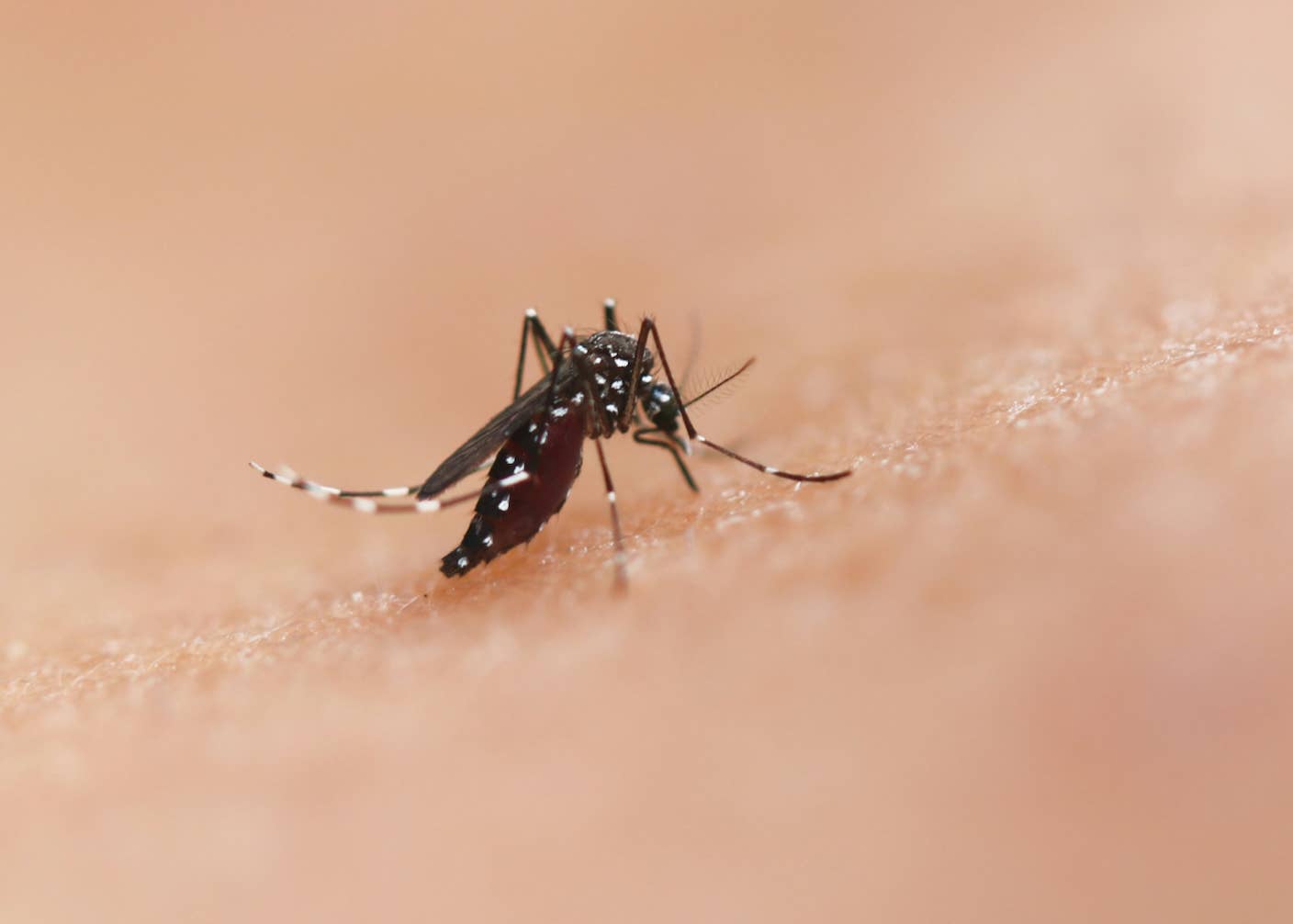This Week’s Awesome Stories from Around the Web (Through May 2)

Share
ROBOTICS: The Future of "Killer" Robots: Helping People
Ciara Byrne | Fast Company
"Robots are already moving out of the research lab, off the factory floor, and into our everyday lives. But how will those robots evolve—and how will we see them—in the next five years?"
ARTIFICIAL INTELLIGENCE: At the Heart of Facebook’s Artificial Intelligence, Human Emotions
Amir Mizroch | Wall Street Journal
"Facebook’s AI research is currently being used in image tagging, predicting which topics will trend, and face recognition. All of these services require algorithms to sift through vast amounts of data, like pictures, written messages, and video, to make calculated decisions about their content and context. Facebook has a big advantage over university campuses who have toiled for decades in the field. It can vacuum up the reams of data required to 'teach' machines to make correlations."
DRONES: Dealing with Rogue Drones
The Economist
"The employment of drones for nefarious, or potentially nefarious, purposes thus seems to have begun in earnest. It is only a matter of time before somebody attempts to use a drone, perhaps carrying an explosive payload, to cause serious damage or injury. The question for the authorities is how to try to stop this happening."
SOCIAL MEDIA: Twitter at the Crossroads
David Auerbach | Slate
"Twitter’s strength is being the pulse of the Internet, the place where news gets broken in 140-character messages, where important topics start trending the second they enter the collective hivemind, and where politicians and celebrities and thinkers of all stripes can make announcements without the bother of a press release or the filter of the media. Yet this has always made Twitter Janus-faced: Is it a real-time news aggregator or a social network? More importantly, how will it make money?"
FUTURE OF WORK: Don’t blame the robots for lost manufacturing jobs
Scott Andes & Mark Muro | Brookings Institute
"The substantial variation of the degree to which countries deploy robots should provide clues. If robots are a substitute for human workers, then one would expect the countries with much higher investment rates in automation technology to have experienced greater employment loss in their manufacturing sectors...Yet the evidence suggests there is essentially no relationship between the change in manufacturing employment and robot use."
Be Part of the Future
Sign up to receive top stories about groundbreaking technologies and visionary thinkers from SingularityHub.


EDUCATION: Study provides foundation for the future of digital higher education
Univ. of Texas | Phys.org
"The study supports previously published research that has found online learning to be equally or more effective than in-person instruction. The new study, however, delves further by examining the evolution of learning in digital spaces, including various approaches to credentialing and assessment beyond the traditional grading scale and diploma. Future technology structures that bear no resemblance to current learning management systems are described as part of the tool set for the 21st century education."
FUTURE OF FOOD: Why 3D food printing is more than just a novelty; it’s the future of food
Kyle Wiggers | Digital Trends
"The Star Trek replicator comes to mind when many people think about food synthesizers, but such a device would hardly be practical — a simple vegetable, like a tomato, would likely require tens of millions of different ingredient cartridges alone."
GLOBAL GRAND CHALLENGES: Your Water Footprint Is Bigger Than You Realize
Laura Bliss | CityLab
"Many of us are only dimly aware of how much water we use throughout the day. Last year, an Indiana University survey asked more than one thousand Americans to estimate the amount of water it takes to flush the toilet, wash clothes, and other kinds of normal household uses. On average, participants underestimated their use by a full factor of two."
Image Credit: Shutterstock
David started writing for Singularity Hub in 2011 and served as editor-in-chief of the site from 2014 to 2017 and SU vice president of faculty, content, and curriculum from 2017 to 2019. His interests cover digital education, publishing, and media, but he'll always be a chemist at heart.
Related Articles

New Gene Drive Stops the Spread of Malaria—Without Killing Any Mosquitoes

These Robots Are the Size of Single Cells and Cost Just a Penny Apiece

Hugging Face Says AI Models With Reasoning Use 30x More Energy on Average
What we’re reading